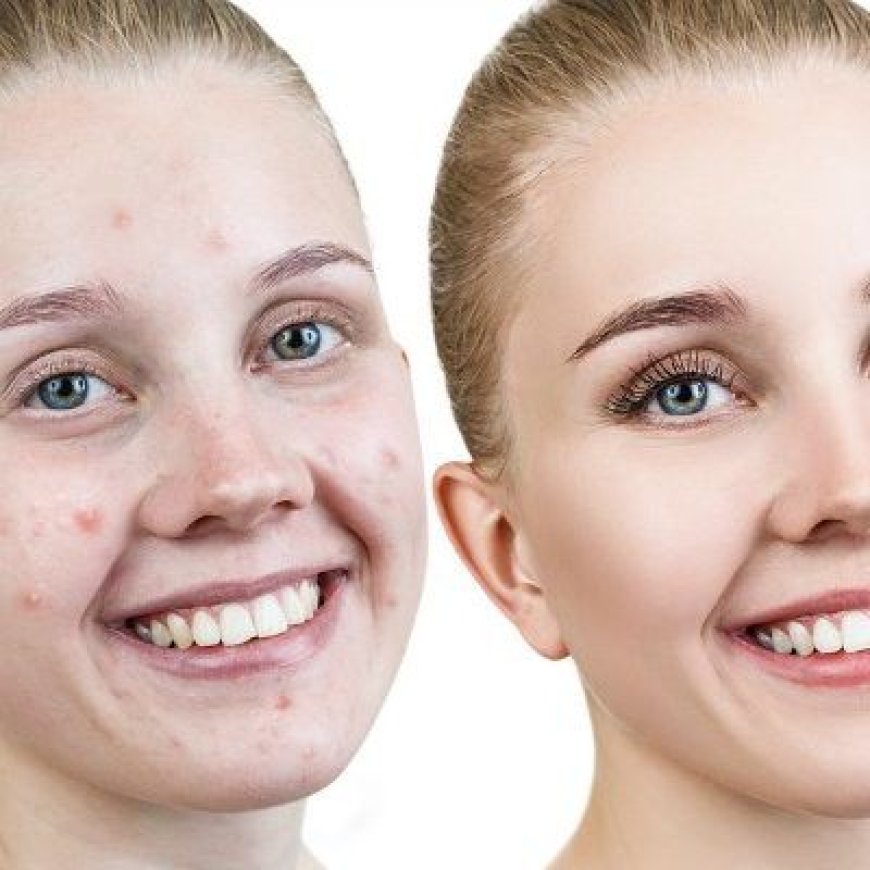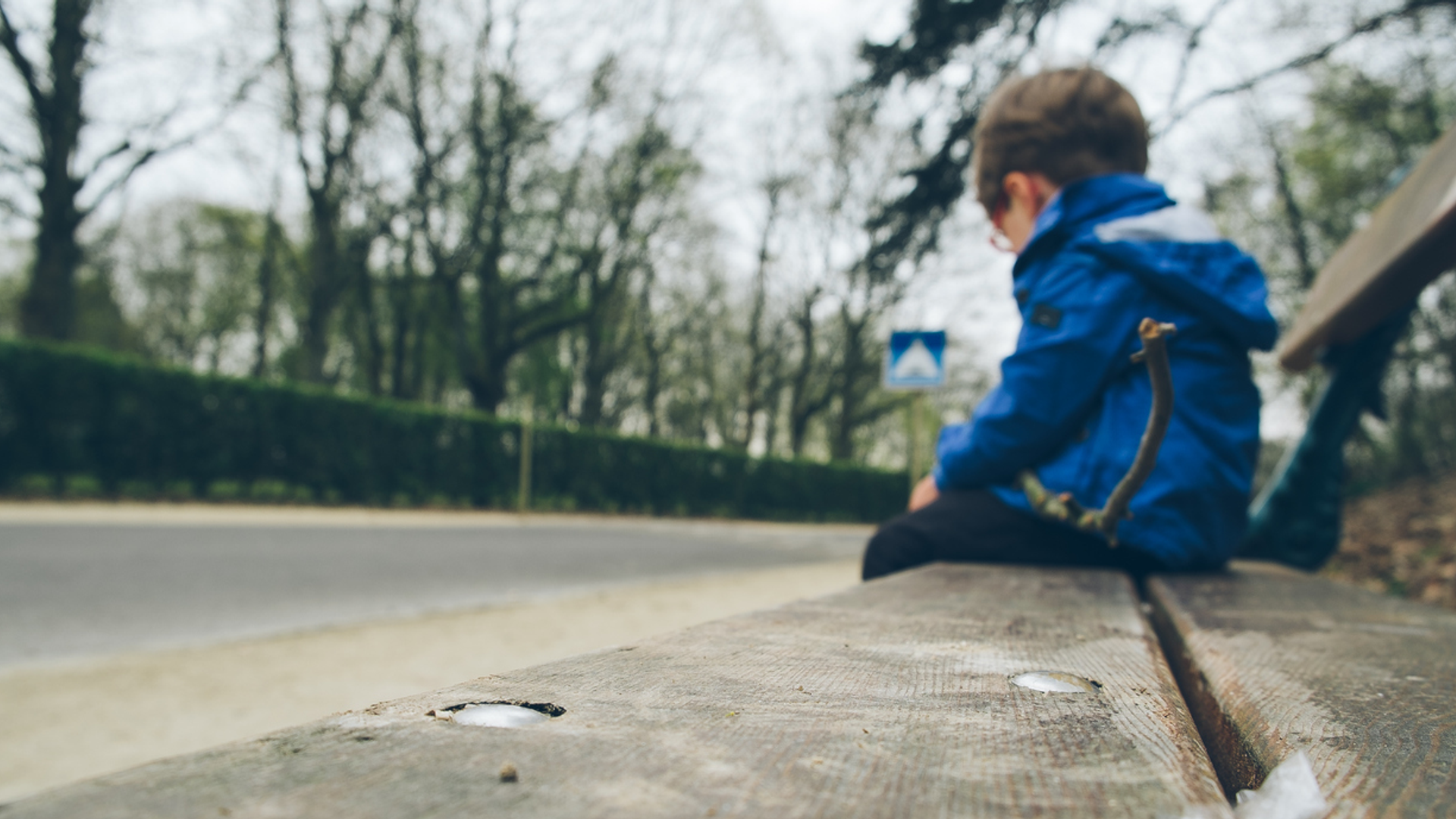The Dangers of Using Home Remedies for Severe Acne
Effective acne treatment targets breakouts, reduces inflammation, and prevents scarring for clearer, healthier skin with personalized skincare solutions.

In the pursuit of clear skin, many individuals struggling with acne often turn to home remedies. While some natural ingredients can offer mild relief for occasional breakouts, relying on unverified home treatments for severe acne can be risky. Misusing these remedies may cause more harm than good, especially when advanced and professional solutions like Acne Treatment In Islamabad are readily available to provide targeted and medically supervised care for persistent skin conditions.
Why People Choose Home Remedies
Home remedies are often seen as simple, affordable, and chemical-free alternatives to clinical skincare. Common ingredients like lemon juice, toothpaste, baking soda, garlic, or essential oils are frequently recommended online for spot-treating pimples or exfoliating the skin. Social media trends and anecdotal advice add to the appeal, suggesting these remedies can provide quick relief. While it’s true that some of these ingredients have mild antibacterial or anti-inflammatory properties, they are not designed to treat severe acne, which involves deeper inflammation and more complex causes.
What Constitutes Severe Acne?
Severe acne is typically characterized by:
-
Painful, inflamed cysts or nodules beneath the skin
-
Large areas affected by blackheads, whiteheads, and pustules
-
Scarring or pigmentation left behind by past lesions
-
Widespread breakouts on the face, back, chest, or shoulders
This level of acne often indicates hormonal imbalances, bacterial overgrowth, or other underlying health concerns that require medical evaluation and prescription-strength treatments.
Risks of Using Home Remedies for Severe Acne
1. Skin Irritation and Burns
Many home remedies involve acidic or abrasive substances. For example, lemon juice is highly acidic and can disrupt the skin’s pH balance, leading to dryness, irritation, or even chemical burns. Similarly, baking soda is too alkaline and can strip away the skin’s natural moisture barrier.
2. Allergic Reactions
Natural does not always mean safe. Ingredients like garlic or essential oils can trigger allergic reactions or worsen inflammation when applied directly to the skin. Severe acne already compromises the skin barrier, making it more sensitive to external agents.
3. Worsening Inflammation
Instead of soothing the skin, untested DIY treatments may aggravate acne, causing more redness, swelling, and discomfort. Applying raw onion, apple cider vinegar, or toothpaste to an already inflamed area can lead to further breakouts and even infections.
4. Delayed Medical Intervention
One of the biggest dangers is the time lost experimenting with ineffective remedies while the acne worsens. Delaying proper dermatological care can result in more extensive scarring, pigmentation issues, and emotional distress.
5. Permanent Skin Damage
Using harsh home remedies on cystic or nodular acne can damage the deeper layers of the skin. In some cases, it may lead to post-inflammatory hyperpigmentation, keloid scarring, or textural irregularities that are harder to treat later.
The Importance of a Professional Diagnosis
Acne is not a one-size-fits-all condition. It can stem from excess oil production, hormonal changes, genetics, diet, or stress. A dermatologist can determine the underlying causes of your acne through clinical evaluation and recommend treatments that target your specific condition. This may include:
-
Topical or oral antibiotics
-
Retinoids
-
Hormonal therapy (for women)
-
Chemical peels or laser treatments
-
Customized skincare routines
Such medical approaches are especially critical for those suffering from moderate to severe acne, where improper treatment may have long-term consequences.
Why Home Remedies Seem to Work (Temporarily)
In mild cases, some natural treatments may offer a temporary reduction in redness or oiliness. This often creates the illusion of effectiveness. However, this does not mean the acne has been cured. Moreover, these effects are not backed by scientific studies and lack consistent results. Over time, continued use may make the skin more vulnerable, especially when mixed with other active treatments or sun exposure.
When to Avoid DIY Treatments
You should avoid home remedies and seek immediate dermatological care if:
-
Your acne is painful or leaves scars
-
You have tried over-the-counter products for more than two months without results
-
Your breakouts are spreading or recurring
-
You experience mental stress or self-esteem issues related to your skin
-
You have underlying health conditions like PCOS or hormonal imbalance
In such cases, using at-home treatments without medical guidance may not only be ineffective but potentially harmful.
Safe Alternatives to Support Professional Treatment
While severe acne should be treated professionally, there are safe at-home practices that can complement clinical care:
-
Use a gentle, non-comedogenic cleanser twice daily
-
Avoid scrubbing or picking at your skin
-
Use a moisturizer suitable for acne-prone skin
-
Apply sunscreen daily to protect against pigmentation
-
Follow a balanced diet and manage stress levels
These practices support your treatment plan and can improve outcomes when combined with prescribed therapies.
Conclusion
Home remedies may seem like an accessible solution for acne, but when dealing with severe or persistent breakouts, they can do more harm than good. The skin is a delicate organ, and treating complex conditions like acne requires professional expertise and tailored solutions. Attempting to heal severe acne with raw ingredients from your kitchen may delay proper care, damage your skin, and result in scarring that is far more difficult to treat in the long run.
For those seeking expert solutions, SKN Cosmetics clinic offers a comprehensive approach to acne management. With advanced Acne Treatment In Islamabad, personalized skincare plans, and experienced dermatologists, they ensure that every patient receives the right treatment based on their skin’s specific needs and condition.
What's Your Reaction?
 Like
0
Like
0
 Dislike
0
Dislike
0
 Love
0
Love
0
 Funny
0
Funny
0
 Angry
0
Angry
0
 Sad
0
Sad
0
 Wow
0
Wow
0








































